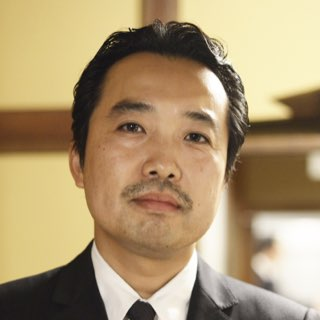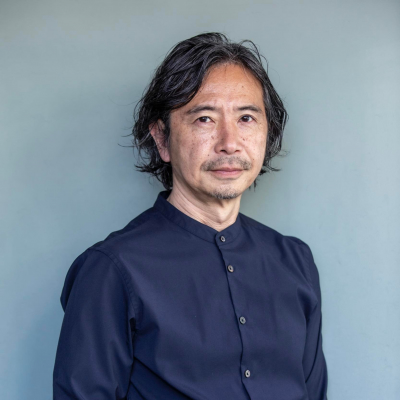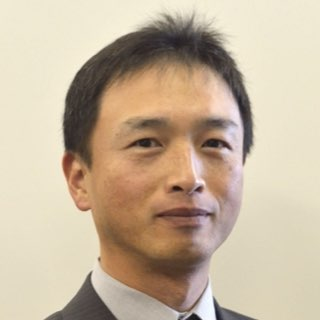
Sakiko Yamada
President, Academy of Gastronomy Japan President and CEO, Food Loss Bank
According to estimates from the Ministry of Agriculture, Forestry and Fisheries and the Ministry of the Environment, in fiscal 2019,Japan was responsible for around 5.7 million tons of edible food loss and waste. This placed Japan as the sixth worst country in the world and the overall worst in Asia for the volume of food loss and waste. Despite this shocking figure, since long ago, embedded in Japanese society has been the term mottainai, a thorough expression of regret that something has been put to waste. Moreover, long before the SDGs came to the fore, Japanese people have expressed their thanks for a meal with the phrase itadakimasu and, as a sign of respect for the deity of rice, treated the completion of a meal as a virtue. Meanwhile, Japan is famous for its manufacturing, and its outstanding manufacturing companies have for a long time created highly durable, long-lasting products, building sustainable business models in an array of fields that are far-removed from other mass-production, mass-consumption models. Where, then, does this contradiction between Japan’s traditional dislike of waste and its current food loss and waste problem come from? This question was the very reason I set up the Food Loss Bank in 2020. Ultimately, I came to the conclusion that Japan’s peaceful state was part of the problem. Japanese people tend not to take ownership of a problem, instead relying on the idea that someone else will take care of it. This doesn’t only apply to individuals. In fact, some corporations have been criticized for “greenwashing”—that is, engaging in environmental initiatives as a mere formality for the SDGs, but not really working to minimize environmental impact. Moreover, there are also some fruitless claims that climate change does not exist. It is also often the case that companies or individuals feel like they have taken the necessary action after one-off donations or single SDGs events, tending to forget about the fundamental issue itself. In the end, perhaps the most important thing is how many people can take ownership of the problem and generate action. Some think that it is the duty of major companies to take the initiative and deal with the food loss and waste problem. Of course, companies in the food and drink industry, the food manufacturing industry, and the logistics industry, for example, do have a huge responsibility. However, the truth is that around half of the abovementioned 5.7 million tons is from household waste. The illusion that a single individual’s waste won’t have a significant impact on the overall outcome is creating several million tons of waste. This shows that we must have much more belief in the power of the individual. The “Bank” in our company name represents the idea that we are a place where one can amass knowledge. If we can inspire individuals to acquire correct knowledge on food loss and waste and in turn generate action, the sum of their efforts can lead to huge results. Our desire is to inspire people to act. Having lived abroad for 18 years and experienced a wide range of cultures and businesses, I can say with confidence that the Japanese have some outstanding qualities. If we can take ownership of the problem, our individual food loss and waste countermeasures can be the first step toward achieving a decarbonized society. Another issue I have found is that generally, Japanese people are not great at communication. The more we have something good to say, the more we fear that it will be seen as boasting, and as a result the nature of our communication is dulled down. There is only one world and we are all connected through it. Climate change is not an individual issue, nor is it an issue limited to a company, or even the whole of Japan. It is a global matter on which we should be proactively communicating our responsibilities worldwide. Regarding our own global communication initiatives, following a request from the Food and Agriculture Organization of the United Nations, we created six videos on Japan’s sustainable food models—entitled Masterclasses for a Better Food Future—for the World Food Forum. The six episodes were aired at the World Food Forum Film Festival in Rome, and are currently available to view on our official website and YouTube page. These episodes describe the current plight of the global environment and showcase individuals who are using this information to generate action. The videos feature a wide range of individuals from the Minister of the Environment and prefectural governors to business managers and children. Throughout the series, the emphasis is on the idea that as a member of the community that shares the planet, it is important to work together across borders and generations to tackle the issues at hand. Our hope is to create a Japan from which as many people as possible can take that first step, no matter how small, toward a better future. I hope we can all take ownership of the situation, rid ourselves of the title as one of the world’s foremost generators of food loss and waste, and confidently communicate our achievements to the rest of the world. I want to believe that the day we can inspire food loss and waste solutions in other countries is not far away.







